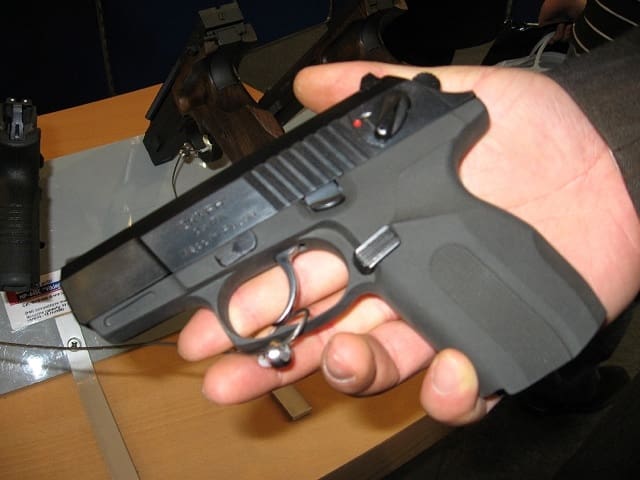I was mesmerized by news coverage of the assassination of Mahmoud al-Mabhouh in his Dubai hotel room. Al-Mabhouh was a co-founder of the paramilitary wing of Hamas, the militant Islamist group that governs Palestinian populations in Gaza. January surveillance video from the Al Bustan Rotana Hotel shows the Hamas commander checking into the hotel along with guests from various European countries who are now presumed to be members of a Mossad hit squad. After observing al-Mabhouh for a few days, the team entered his room (its electronic lock had been surreptitiously reprogrammed) and they drugged, strangled, and electrocuted him. Before his body was discovered, the assassins calmly and quietly checked out of the hotel and disappeared into the wind. As I watched the report unfold it looked like the pages of a Daniel Silva book coming to life. This weekend I finished Silva’s latest book, The Defector.
The Defector is the ninth book by the American author featuring fictitious Israeli assassin Gabriel Allon. The series’ backstory: Allon was recruited into a secret special operations division of the Mossad known as “The Office” by legendary agency director Ari Shamron, for Operation Wrath of God to track down and assassinate Black September terrorists following the 1972 Munich Olympics tragedy.
Allon achieved legendary status himself by killing six of the twelve Palestinian targets himself. After doing his duty for his country, Allon retired from the Mossad and took up life in Europe under a pseudonym—as an art restorer where he tries to forget about his violent past. In each book, Allon’s aging mentor continually presses him into “temporary service.”
Daniel Silva does not compel his readers to jab ice picks into their eyes (as Tom Clancy does) by recounting every tedious technical detail of every weapon systems his characters use. On the other hand, the portrayal of firearms is far more accurate than anything written by Robert Ludlum, who obviously didn’t know the first thing about guns.
In The Defector, most of the villains are Russian ex-KGB gangsters wielding unspecified Makarov handguns. The Makarov is a 9x18mm cartridge designed by Nikolai Makarov that was developed as a slightly more powerful alternative to the 9x17mm (.380 auto) cartridge used in Walther PP series pistols. The Makarov, which is used in a variety of pistols and submachine guns, is, however, less powerful than the 9x19mm Parabellum (9mm).
The Israeli agents portrayed in the book utilized a variety of handguns depending on circumstances.
Allon’s all-purpose standby weapon: a 9mm Beretta Model 92. For hit jobs, he and his compatriots opt for .22 Beretta automatics, although Silva does not indicate whether these are guns chambered for whisper quiet subsonic .22 Short or standard .22 Long Rifle cartridges.
For an assault of a dacha in the woods outside of Moscow, the Israeli team is armed with Mini-Uzi’s. Finally, for the climactic assassination at the end of the book, Silva puts a silenced .45 Glock into Allon’s hands.
Plot-wise, Bulganov is The Defector’s defector. He’s kidnapped from his new London home at the beginning of the book. Having not read the prequel Moscow Rules, I didn’t fully know who Bulganov was or grasp why it was so important for Allon to save him. Frankly, I didn’t care one wit about the character. Likewise, I didn’t fear the protagonist of these two books, Russian gangster Ivan Kharkov.
Not until I read Moscow Rules last month. Then I felt compelled to immediately re-read The Defector, and the latter book went way up in my estimation.
The tempo of Silva’s books is slower than what you will find reading Ludlum, who ends every chapter with a cliffhanger. It more closely reflects the spy genre cliché of “long periods of boredom punctuated by moments of sheer terror.”
Silva takes his time to develop characters, paints vivid pictures with his prose, and realistically addresses some of the tedious aspects of intelligence work (e.g., as surveillance and mundane hours spent in airports, train stations, and safe houses). His heroes even get hurt and require long convalescence from their physical and psychological wounds.
Daniel Silva blends realism with careful plotting and well-honed prose. The Defector is an excellent addition to this canon that’s best read in sequence, as part of the longer series. Which is far more of a pleasure than a chore.
[Book Review: The Rembrandt Affair by Daniel Silva]




